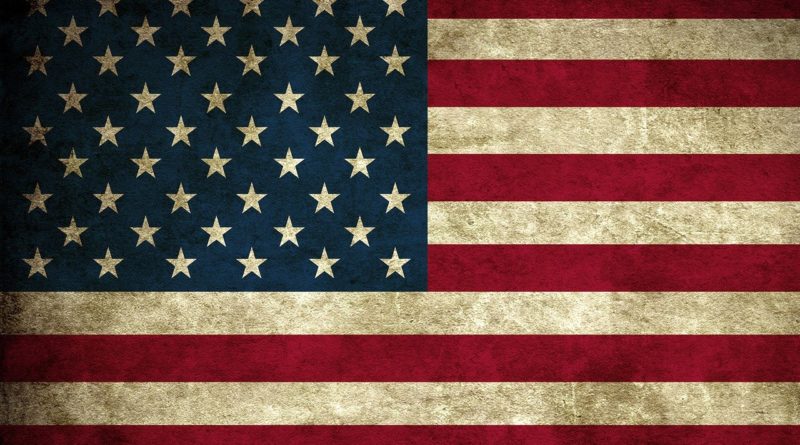What does military service look like during COVID-19?
University of Dayton ROTC student shares his experience during the pandemic, photo courtesy of pixabay.
Julia Bonfiglio
Contributing Writer
With the emergence of the COVID-19 pandemic, there have been many uncertainties. However, one thing is for certain: the presence of change.
Unemployment, social distancing and working from home are just some of the changes that Americans have had to adapt to.
The United States military is no exception.
Micheal Turner, a senior at the University of Dayton, knows what it is like to be an essential military worker during the pandemic. Turner is currently enrolled in the ROTC program at UD and serves as a platoon leader in the 450th engineer reserve unit in Ft. Thomas, Kentucky.
He began his service in June 2016, and has been involved with the military for about four years.
According to Turner, the changes put in place in light of the coronavirus have made military protocol harder.
For example, in the past, Turner and his peers would drill one weekend out of every month and have an annual training session that lasts for three weeks in the summer.
Drill training has since been moved to virtual training, so nobody is meeting in person, which makes personal connections more difficult.
Many steps have been taken to ensure the health and wellness of military workers and civilians.
For instance, there is a roster that is constantly updated on COVID-19 cases within Turner’s unit. If someone in the family of a military worker comes into contact with the coronavirus, or if a member of the military comes into contact with the virus, they are added to the roster.
“The military does not allow any travel that is non-essential just like normal civilians,” Turner said. “However, it is strongly enforced as you have to set the example as a soldier in the military. The travel ban is also about a month or two longer than what is advised for normal civilians.”
In terms of Turner’s feelings of well-being, he has not had a moment at work since the pandemic began where he felt unsafe.
“The Army was quick to move everything online to keep soldiers safe,” Turner said. “The United States military usually is a step ahead of normal citizens.”
Moving forward, Turner encourages others to help “flatten the curve” by following the Center for Disease Control’s recommendations.
“It is important that everyone wears personal protective equipment such as gloves and masks,” Turner said. “It also has been proven that the best way to stop the spread is to wash your hands as much as possible. Practice good hygiene.”
For more coronavirus news like Flyer News on Facebook and follow us on Twitter (@FlyerNews) and Instagram (@flyernews)

